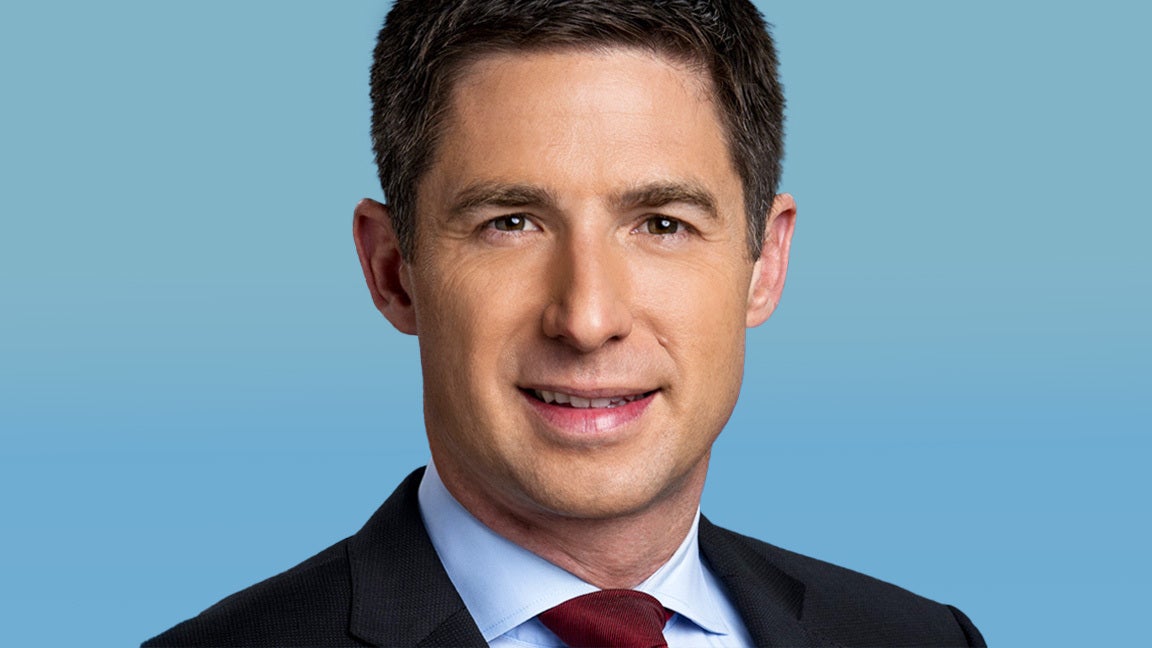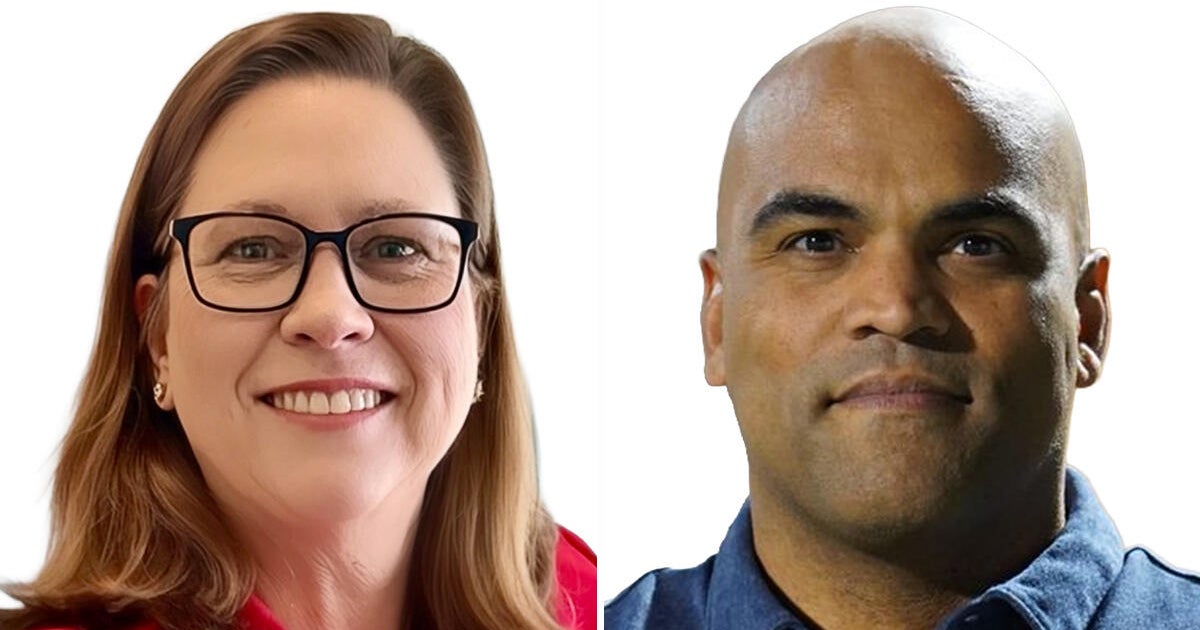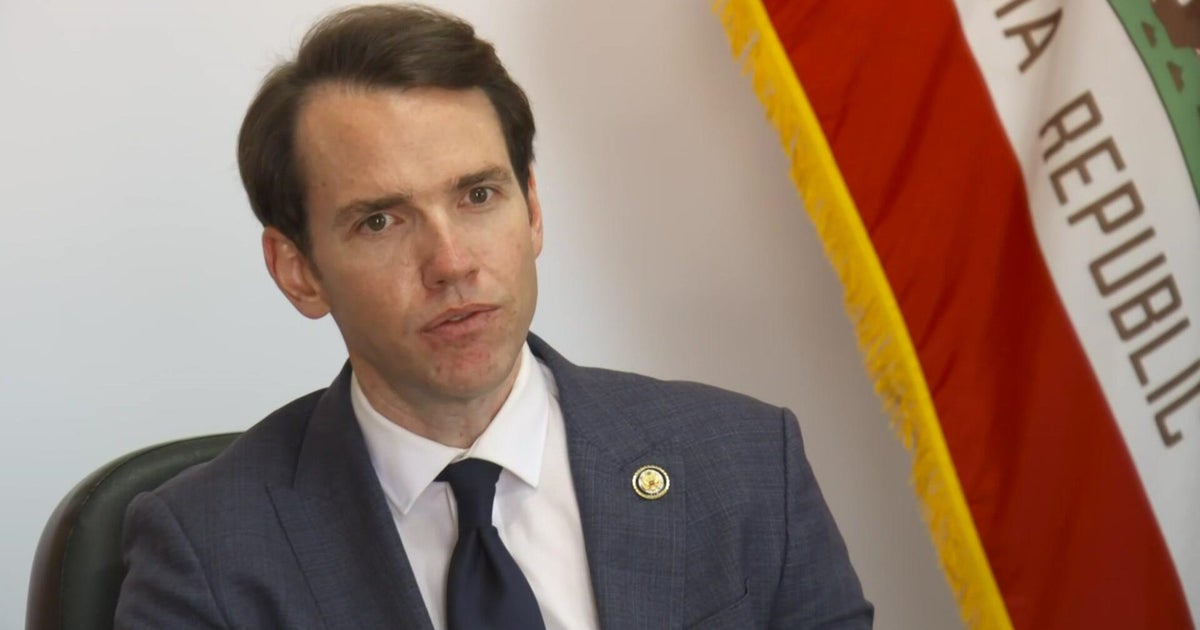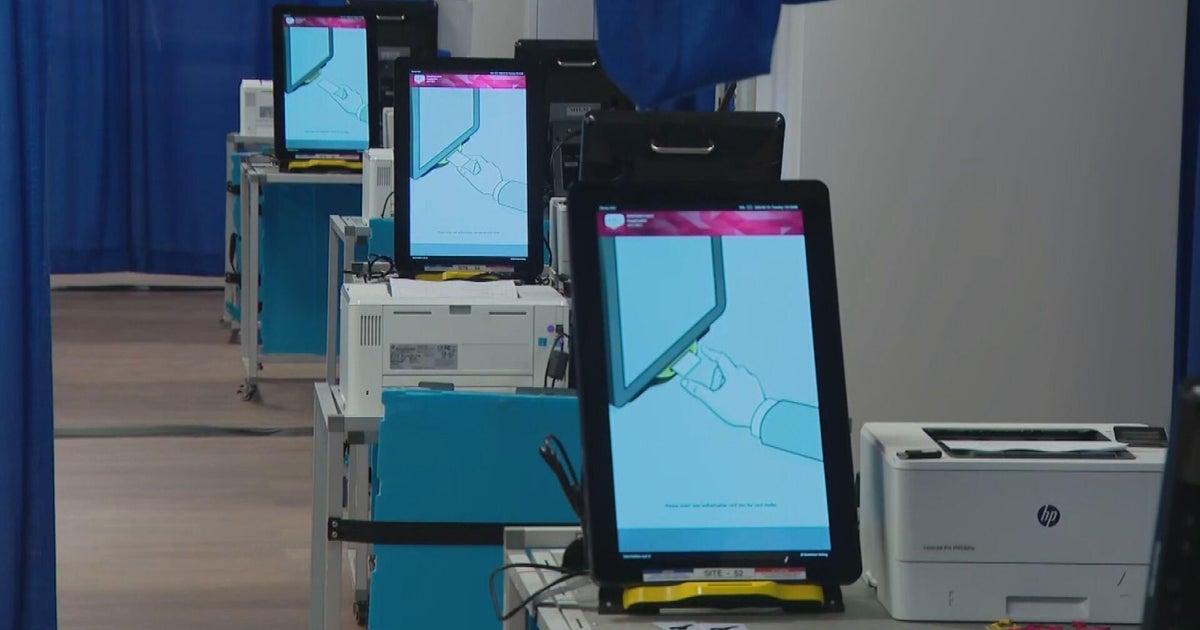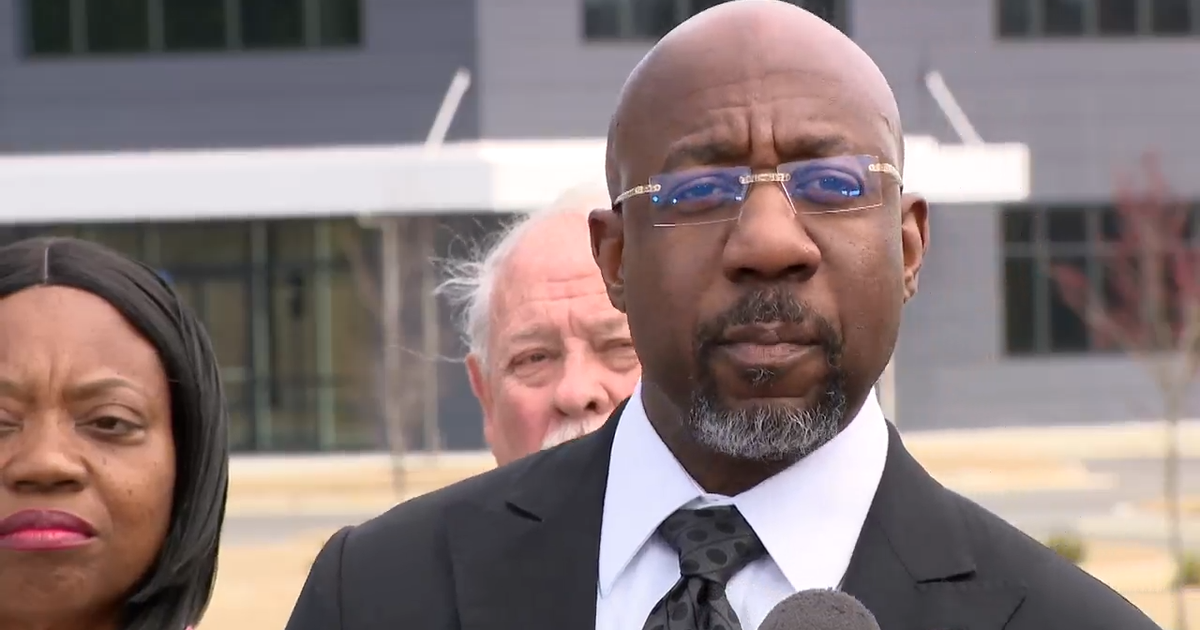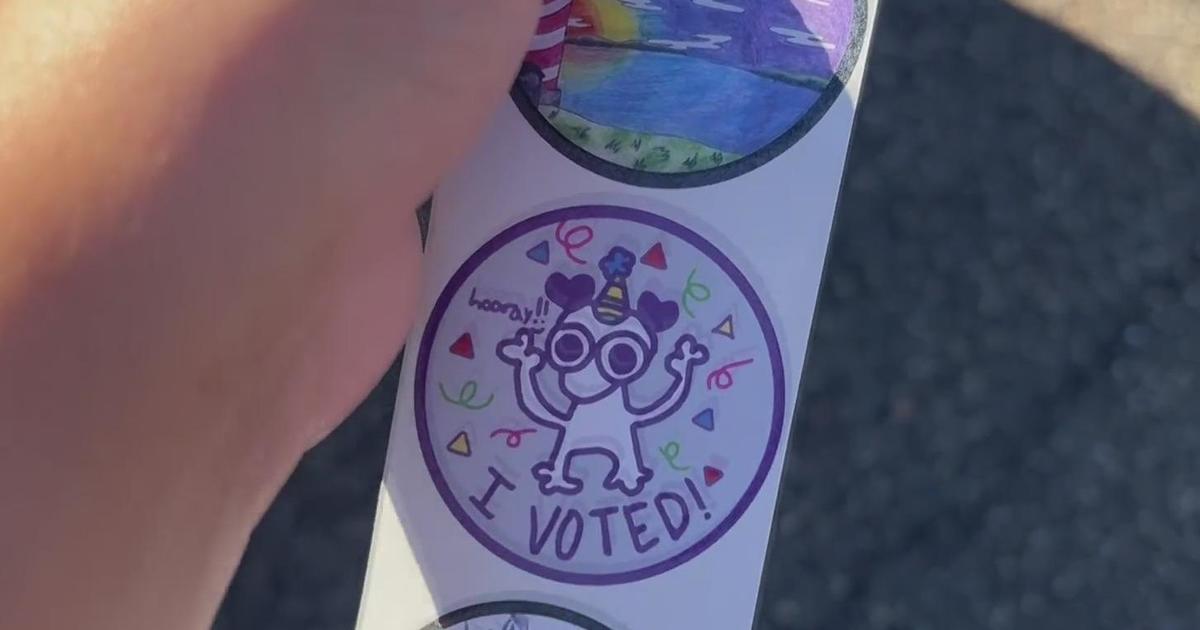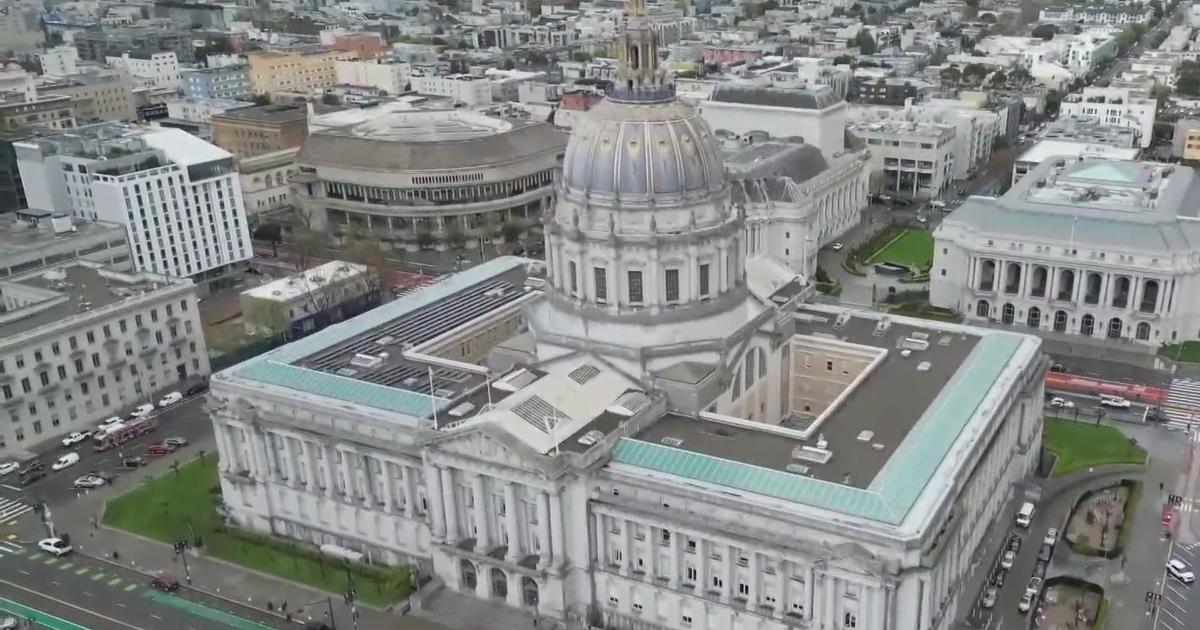Proposition 1 vote remains too close to call
The votes are still being counted for Proposition 1, which aims to overhaul the Golden State's response to the homeless crisis, and after a week of tallying, the results are far closer than anyone expected.
The $6.4 billion bond measure is intended to build thousands of treatment beds for the California's homeless, and as of now, it's passing, but only by a thin margin.
The homeless crisis was center stage during last week's primary election, with Prop. 1 leading the way for what state leaders assumed would be a surefire way to overhaul how they manage the homeless crisis. It was backed by Gov. Gavin Newsom, Los Angeles Mayor Karen Bass and Los Angeles County Sheriff Robert Luna, along with multiple other state leaders.
However, despite their efforts to convince voters to pass it, the race remains tight.
"Well, it shows Californians don't necessarily trust the state government to spend their money wisely," said Jack Pitney, Professor of Politics at Claremont McKenna College. "This doesn't involve an immediate expenditure of tax revenue, but it's billions of dollars in bond money, and voters understand that bond money eventually has to be repaid."
The bond measure promised at least 10,000 new shelter beds and reallocated funding for services dedicated to health care for the homeless, mentally ill and drug addicted people living on the streets of California.
"Where is this money going if we're already diverting it to the homeless problem?" asked Tamara Eichelberger, a voter and college professor.
She's among the millions who voted no on Prop. 1, noting her criticism of how Newsom has thus far handled the homeless crisis.
"It seems like we keep doing this over and over again and getting the same result," she said. "With money being diverted to other things —the money should stay here and address our problems."
A group of healthcare advocates who voiced their opposition to Prop. 1 said that the measure would divert billions away from already critical homeless programs, and instead create medical incarceration.
But Veronica Lewis, with South Los Angeles nonprofit organization Homeless Outreach Program Integrated Care Service, or HOPICS, says that it would help find housing and treatment for the homeless, and provide valuable tools to battle the crisis head-on.
"So, just think about if it was your loved on who had a severe mental illness and didn't have a place to get well and get services because they couldn't stabilize enough or couldn't be stationary enough to get those services. Or, one of your family members addicted to drugs and close to death because of it," she said. "This project, this program, and the reforms it'll bring, and the shifting of some of the way that money is going to be used, is literally saving lives."
Political experts say that since Newsom became the face of Prop. 1, it may have helped motivate his opposition, almost to the point to overcome a massive disparity in funding.
"What makes this actually a really interesting race is the overwhelming supply of money on the yes side," said Matt Lesenyie, an Associate Professor of Political Science at Cal State University, Long Beach. "A quick look at it, it's over $12 million. Somewhere, I think, between about $12 and $15 million was spent to pass this thing. Virtually no money was raised on the no side."
As of Wednesday evening, yes votes were leading by a small margin — 50.2% to 49.8%. The lead is around 10,000 votes.
